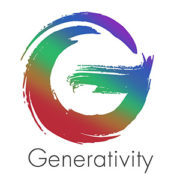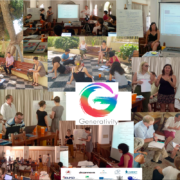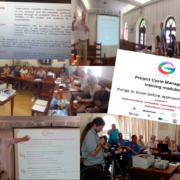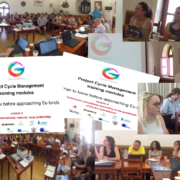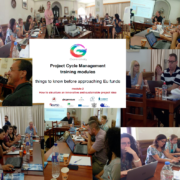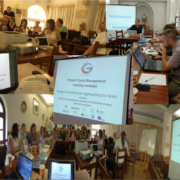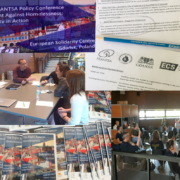PCM bibliography
It is now on line the PCM bibliography based on the research on relevant literacy on PCM carried on by Diciannove, Cardet, EEC, Danmar, FNARS and University of Thessaly in order to address the more innovative and efficient support, tools and path to PCM.
The bibliography is the result of a desktop research and sharing of partners methodological references.
We suggest to start from the European Commission guidelines, which are the reference standard for what concern the project management under the Eu programs.
Where possible, there is the link to the authorised web reference.
It is structured in alphabetical order as follow:
→ general references and main guidelines: EU Commission
→ publications in English
→ articles in English
→ publications, articles and link in partners national languages: Italian, French, Polish, Greek and Cyprus
